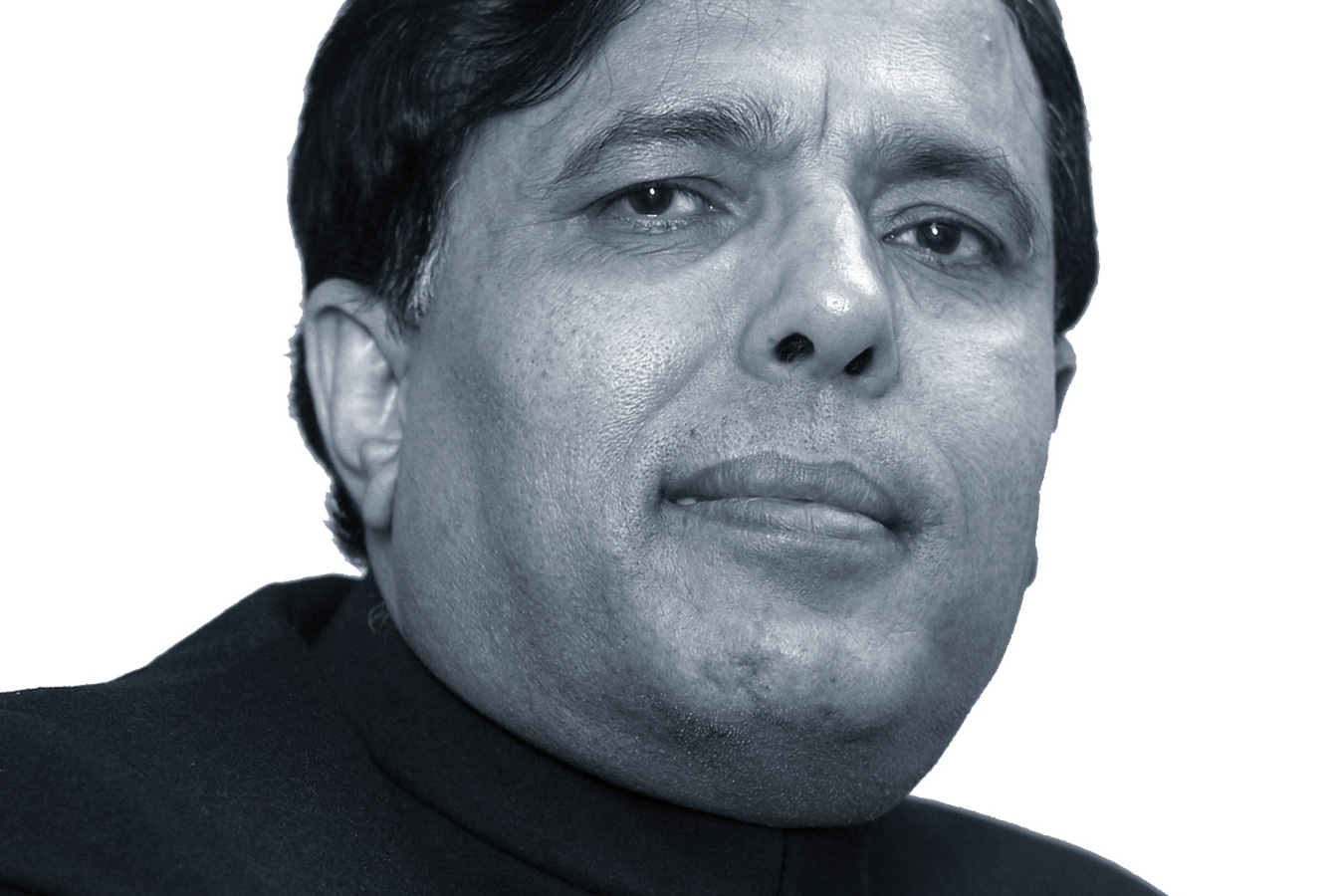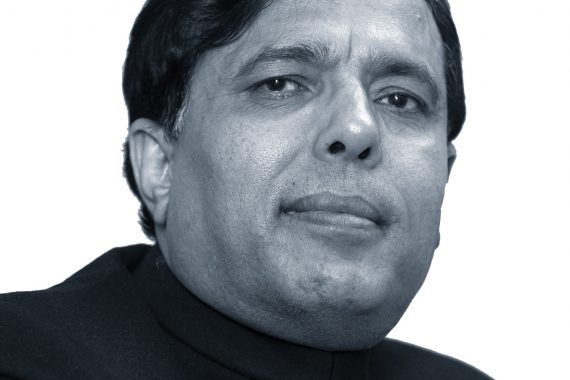
Research, commissioned by the Department of Health and Social Care, shows medication errors may be responsible for about 700 deaths annually. It also warns that mistakes may contribute to 22,000 deaths a year – with the problem costing the NHS an estimated £1.6bn.
Jeremy Hunt, an accomplished media operator, told journalists: ‘This is not about blaming doctors and pharmacists and nurses who are working under a huge amount of pressure and stress, but it is about having checks in place and the right culture so that if a mistake is made people can be open about it and learn from it.’
But on the coal face, the tragic saga of Dr Bawa-Garba is concerning all health professionals, not just doctors, that their own written reflections might be used against them by employers and regulators, and fear, recrimination and blame will drive underground the culture of openness and transparency. Death, even where expected, will raise the prospect of a charge of manslaughter, driving recruitment away from ‘riskier’ specialties like emergency medicine, general practice and paediatrics.
If Mr Hunt wants the NHS to be the safest in the world then there are fundamental issues that need to be addressed. He needs to be much clearer about what extra funding and capacity his government will be providing so that NHS staff can to do their jobs to the best of their ability, without mistakes, and to really ensure our NHS is as safe for patients as it can possibly be.
Fear, recrimination and blame will drive underground the culture of openness and transparency
The health and social care secretary says mistakes involving medication, both in the NHS and globally, are ‘causing appalling levels of harm and death that are totally avoidable’. In reality, his mantra on safe staffing in the NHS post-Mid Staffordshire has a hollow ring to it, and indeed he has done the exact opposite with the NHS. Unable to recruit home-grown doctors and nurses, as in Britain’s Empire days the NHS is now looking to plunder other countries to provide its healthcare staff. Despite a pledge from Mr Hunt in June 2015 to increase the GP workforce by 5,000 by 2020, numbers have steadily been falling.
Overall spending on the NHS has risen by 18% since the 2005–2006 fiscal year, but the proportion of the budget allocated to general practice has dropped by 8% over the same period. In the past year, there has been a 15% decrease in applications for general practice training posts; practices are finding it increasingly difficult to fill vacant equity-holding partnerships and salaried posts, and they are struggling to hold onto the growing number of older doctors who are considering early retirement. A specialty that has historically had an admirable reputation for simply absorbing whatever it was asked to do is now struggling to deal with the growing expectations that are being placed on it.
In 2016, the Academy of Medical Royal Colleges, the independent organisation representing the UK’s 220,000 doctors, launched a campaign to reduce the harms of too much medicine, citing commercial conflicts of interest, defensive medicine, overprescribing and biased reporting in medical journals as drivers of harmful over-treatment.
We have a now-permanent crisis in hospitals; GP surgeries over-subscribed and at breaking point; and social care is severely under-funded.
If Jeremy Hunt is serious about making the NHS safest and best, he needs to address the root causes of errors, not just utter smooth words on the television and radio.
Dr Kailash Chand is a retired GP from Tameside and is honorary vice-president of the BMA
Pulse October survey
Take our July 2025 survey to potentially win £1.000 worth of tokens













